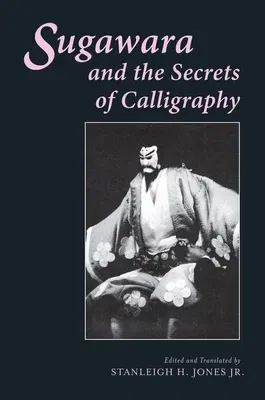Sugawara and the Secrets of CalligraphyPaperback, 22 March 2016

Qty
1
Turbo
Ships in 2 - 3 days
In Stock
Free Delivery
Cash on Delivery
15 Days
Free Returns
Secure Checkout

Part of Series
Translations from the Asian Classics
Part of Series
Translations from the Asian Classics (Paperback)
Part of Series
Translations from the Oriental Classics
Print Length
288 pages
Language
English
Publisher
Columbia University Press
Date Published
22 Mar 2016
ISBN-10
0231059876
ISBN-13
9780231059879
Description
Product Details
Book Format:
Paperback
Country of Origin:
US
Date Published:
22 March 2016
Dimensions:
20.07 x
13.21 x
1.78 cm
ISBN-10:
0231059876
ISBN-13:
9780231059879
Language:
English
Location:
New York
Pages:
288
Publisher:
Series:
Weight:
340.19 gm